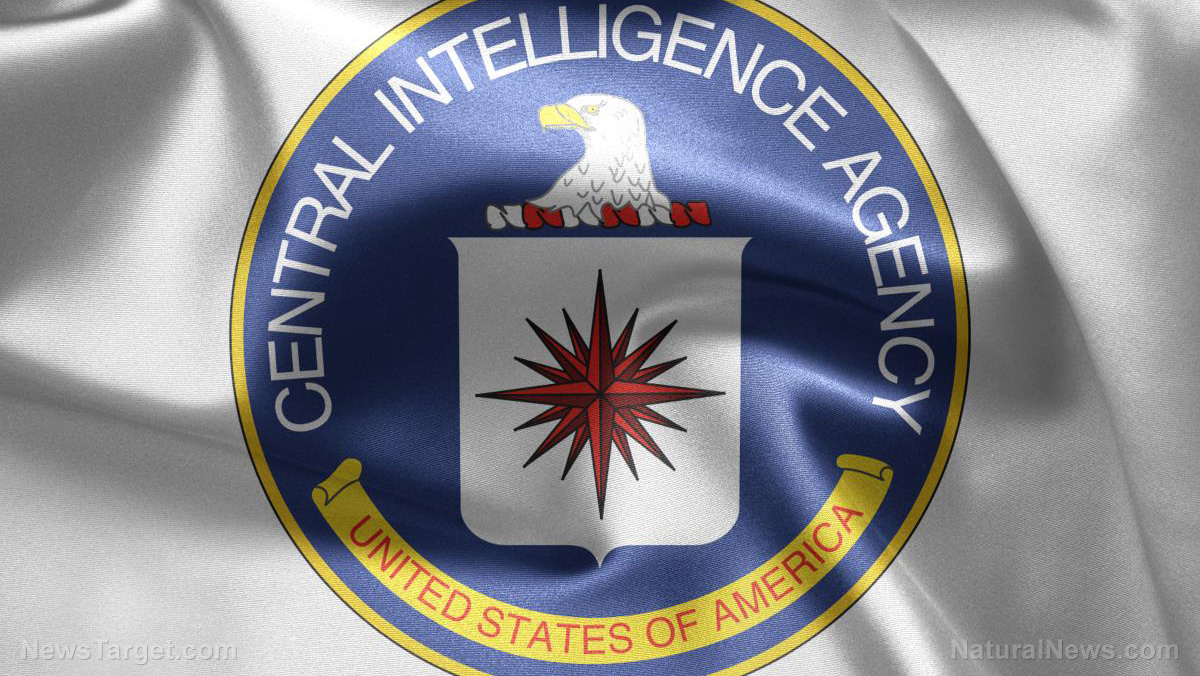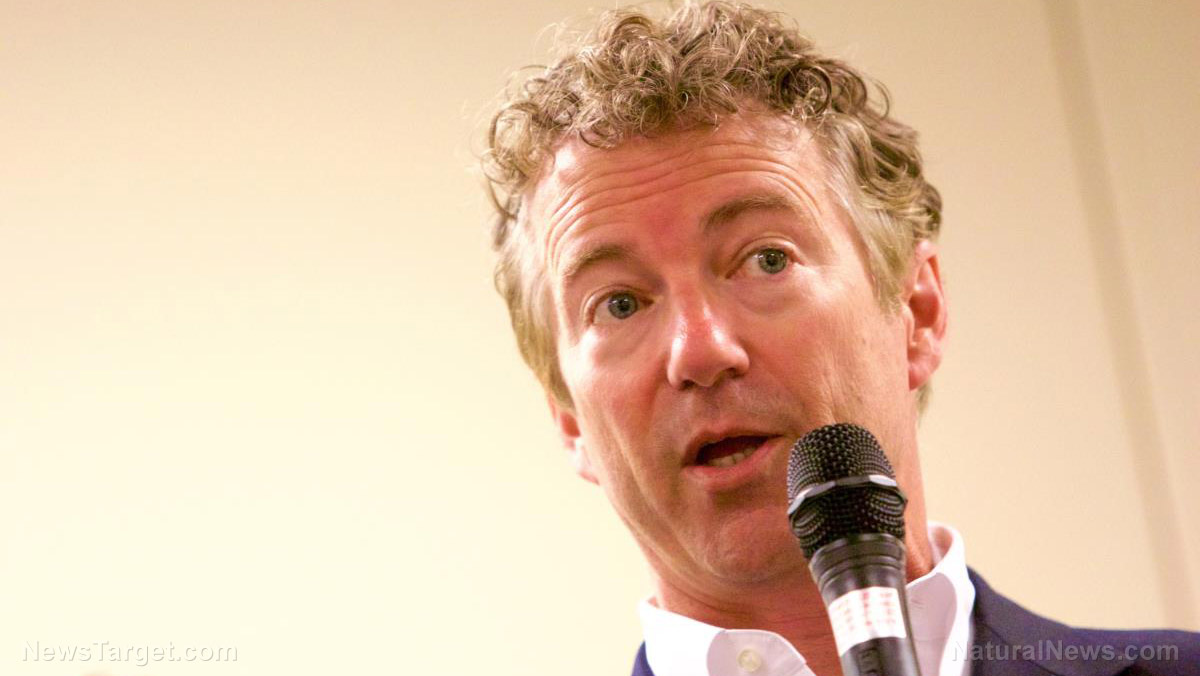Drug lobby asks Biden to punish countries pushing for lowering costs of coronavirus vaccines
04/15/2021 / By Divina Ramirez

The drug industry has asked President Joe Biden’s administration to punish Colombia, India, South Africa and other countries that want to produce coronavirus vaccines without permission from the manufacturers, according to a recent report from GreatGameIndia.
The drug industry has filed several documents with the Office of the United States Trade Representative (USTR), the federal agency responsible for developing and coordinating U.S. international trade and overseeing negotiations with other countries.
The filed documents outlined the alleged threat posed by some countries’ attempts to challenge manufacturers’ “basic intellectual property protections” in response to the coronavirus pandemic.
Also included in the latest filings are the drug industry’s specific demands to influence the agency’s Special 301 report. This report, prepared annually by the USTR, reflects the outcome of a Congressionally-mandated annual review of the global state of intellectual property (IP) rights.
Every year, the USTR allows the public to comment on countries that fail to protect and uphold IP rights. The U.S. may then target them for settlement disputes, which can result in sanctions.
The USTR did not respond to questions about its plans for the latest Special 301 Report.
Big Pharma’s tight grip on intellectual property rights
Biden had pledged to administer 100 million shots of the COVID-19 vaccine in his first 100 days in office. With 57 days to go, Biden reached his goal several weeks ahead of schedule.
According to current projections, unlike the U.S., most countries in the developing world are not expected to achieve widespread vaccination for several years. Some projections even predict that many low-income countries, such as Zimbabwe and South Sudan, may not achieve widespread vaccination until early 2024.
Meanwhile, wealthier countries representing only 16 percent of the world’s total population have secured more than half of all coronavirus vaccine contracts.
Unfortunately, many leaders feel that delayed vaccinations could cost lives and make it harder for their countries to rebuild their economies. Vaccination is also a race against time, as the virus can mutate into strains that may be harder to neutralize.
In response, governments are now considering a temporary exemption to IP rights. This way, they may rapidly produce coronavirus vaccines at a much lower cost than what manufacturers are charging.
Not surprisingly, drug lobbyists vehemently oppose this demand. Lobbyists with the Biotechnology Innovation Organization (BIO), for instance, have argued that allowing foreign governments to set the price and pace of production of coronavirus vaccines threatens American jobs and the workers who rely on them.
On the other hand, the Pharmaceutical Research and Manufacturers of America (PhRMA), another drug lobby group, requested that the Biden Administration “pursue a variety of enforcement initiatives” and “use all available tools and leverage” to ensure that the country’s trading partners do not suspend IP rights.
Brian Newell, spokesperson for PhRMA, said in a statement that IP protections are actually allowing American trading partners to “more easily share technology and information” to find ways of fighting the virus.
Meanwhile, Albert Broula, chief executive officer of Pfizer, said proposals for sharing IP were “dangerous,” and for good reason. The coronavirus vaccines netted drug companies like Pfizer $21 billion this year alone.
BIO and PhRMA represent the world’s largest drug companies, including Pfizer, Johnson and Johnson and Gilead Sciences. These two groups combined spent over $38 million lobbying federal officials last year.
Several drug industry-funded groups and organizations have also requested that the administration act against those countries challenging corporate IP rights to produce cheaper coronavirus vaccines. (Related: Wealthy countries block India, South Africa’s bid to ban COVID vaccine patents.)
These groups include the U.S. Chamber of Commerce, the National Association of Manufacturers, the Alliance for Trade Enforcement and the Intellectual Property Owners Association.
Go to BigPharmaNews.com to learn more about what coronavirus vaccines are worth to Big Pharma.
Sources include:
Tagged Under: Big Pharma, coronavirus, coronavirus vaccine, corruption, covid-19, drug lobby, evil corporations, greed, harmful medicine, lobbying, pandemic, Pfizer, vaccines
RECENT NEWS & ARTICLES
COPYRIGHT © 2017 PENSIONS NEWS




















